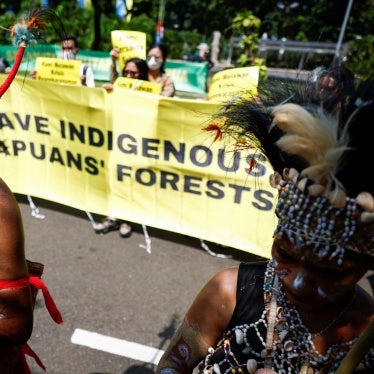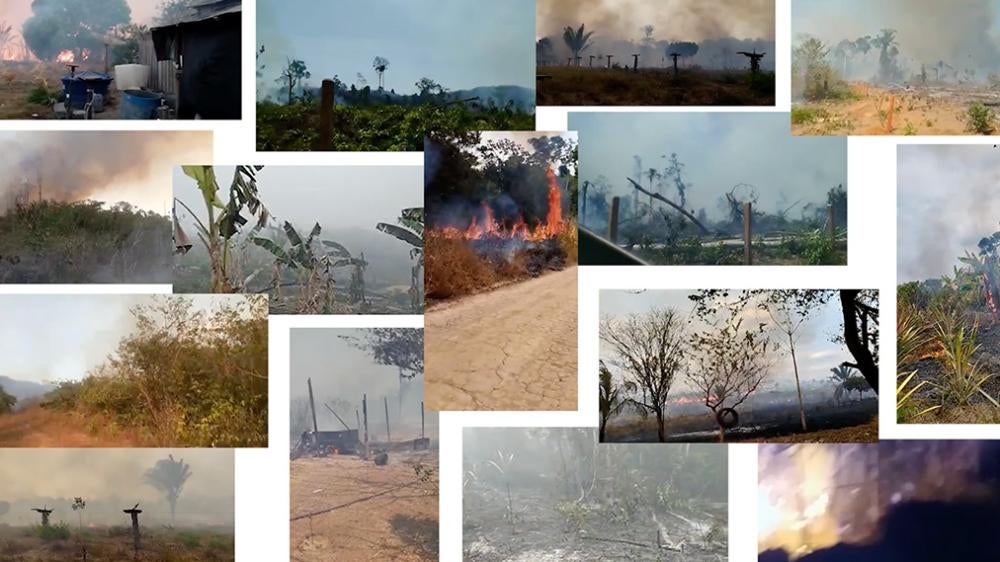Reproductive Rights in the US Wildfire Crisis
Insights From Health Workers in Oregon State

People around the world increasingly experience the devastating effects of environmental crises – from extreme weather, food insecurity, and health issues linked to water and air pollution, to the loss of land, biodiversity, and livelihoods. Inadequate regulation and enforcement of environmentally destructive sectors of the economy – including agricultural commodities, mining, and heavily polluting fossil-fuel industries – drives human rights violations. Governments still fall short of urgent and ambitious actions to keep global warming below 1.5 degree Celsius and prevent further devastation to the global environment. The primary victims of environmental harm are often impoverished and marginalized communities with limited opportunity to meaningfully participate in decision-making and public debate on environmental issues, and have little access to independent courts to achieve accountability and redress. Activists and ordinary citizens defending their rights to land and the environment face intimidation, legal harassment, and deadly violence. Human Rights Watch champions human rights law to force governments to protect people and prevent corporations from continuing to cause extreme environmental degradation.

Insights From Health Workers in Oregon State

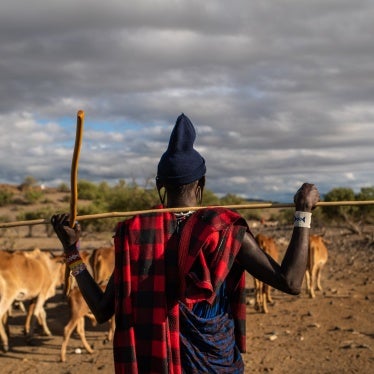
Violations of Chong Indigenous People’s Rights in Cambodia’s Southern Cardamom REDD+ Project
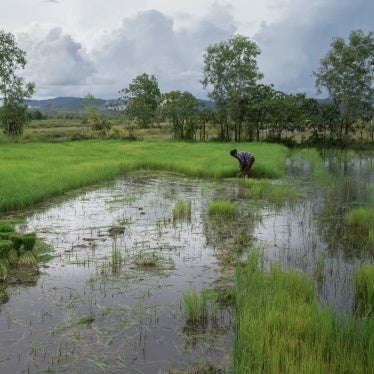
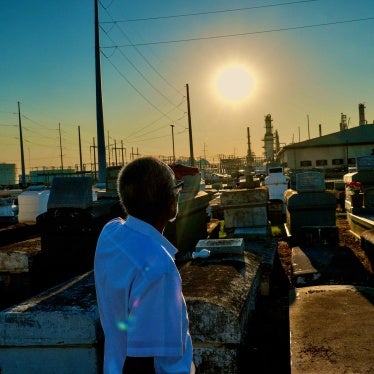
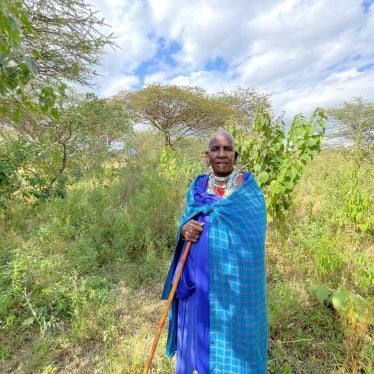
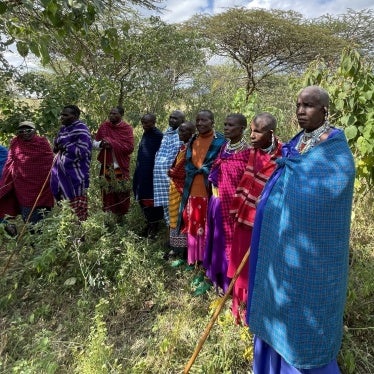
Migrant Workers Fainting, Vomiting in Summer Heat
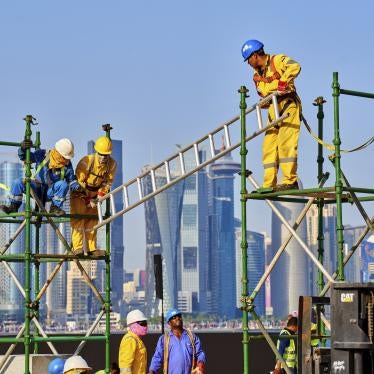
Consult Communities, Restore Social Services in Ngorongoro Conservation Area

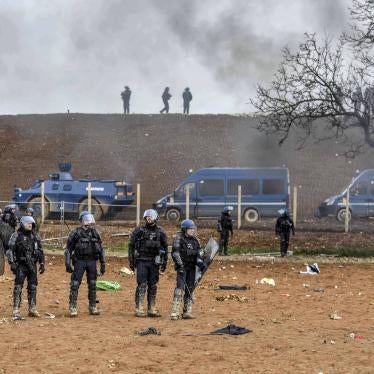
The extraction of key minerals used in renewables is accompanied by abuses. The UN must take action to address them.
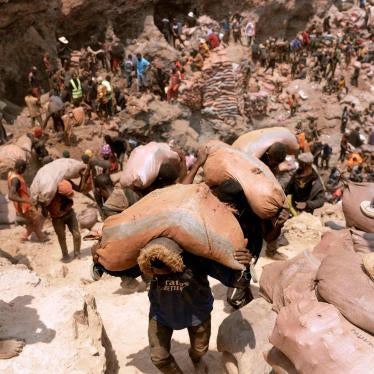
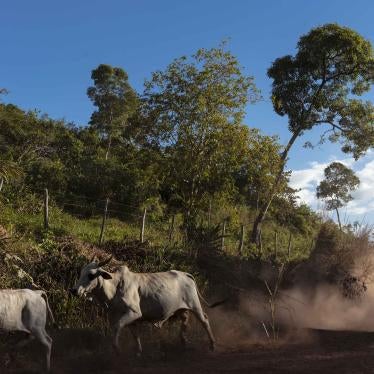
People Fleeing Disasters Related to Climate Crisis Need Protection
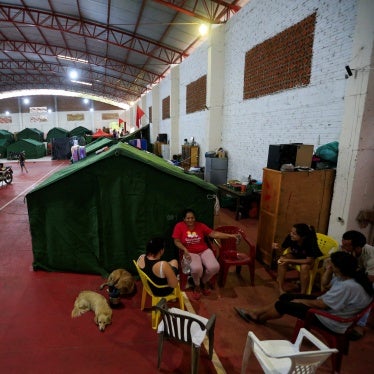
Quash All Charges Against Youth-led ‘Mother Nature’
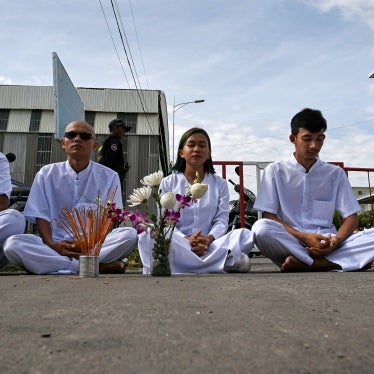
Working Group Should Publish Draft, Engage Civil Society
